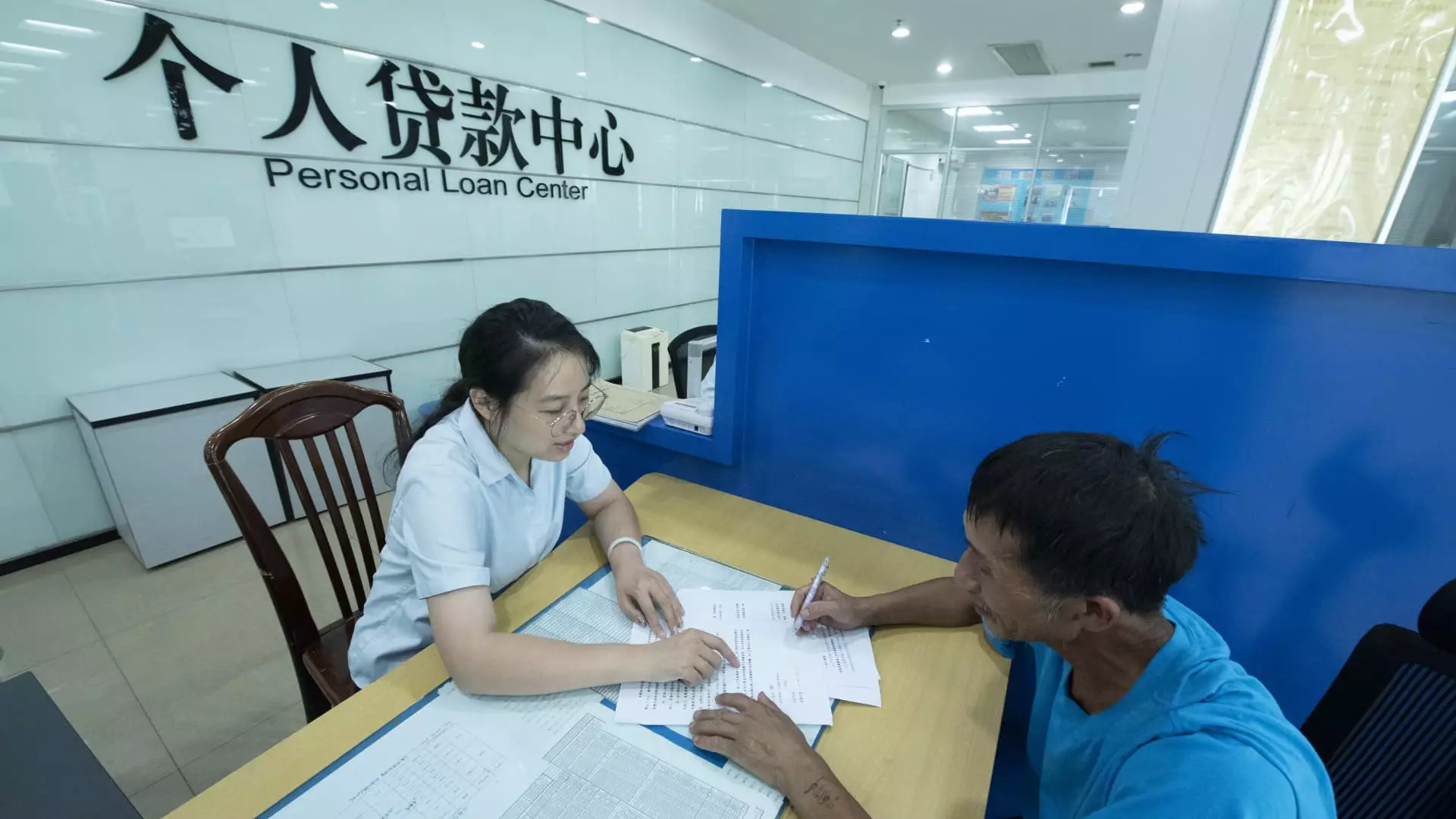Challenges Ahead: Analyzing China’s Ongoing Housing Market Struggles

China’s housing market is currently facing significant turbulence, showing signs that the troubles within the sector are far from over. The government’s various stimulus efforts, as identified by JPMorgan’s chief China economist Haibin Zhu, have failed to create a substantial impact in restoring stability within the market. Zhu noted during a recent discussion on CNBC that home prices are unlikely to reach a stable equilibrium until at least 2025, highlighting the necessity of a long-term strategy rather than short-term fixes.
Price Trends and Economic Indicators
Recent data from the China Index Academy sheds light on the ongoing decline in housing prices. The average prices for newly built homes across 100 major cities saw a minimalist uptick of just 0.11% in July, demonstrating a gradual decrease in growth momentum when compared to June’s figures. Furthermore, resale home prices decreased by 0.71% in the same month. Over the year, home prices have dropped significantly—by 1.76% for new homes and a staggering 6.89% for resale properties. These alarming figures underscore the bleak reality that the housing market remains entrenched in a crisis, thus thwarting hopes for a swift recovery.
In an effort to salvage the housing sector, the Chinese government is reportedly contemplating a plan to reduce homeowner borrowing costs, potentially allowing the refinancing of approximately $5.4 trillion in mortgages. While this initiative appears promising on the surface, experts express doubts about its effectiveness in bolstering overall consumer spending and improving homebuyer sentiment. Winnie Wu, chief equity strategist at BofA Securities, pointed out that though the intention is to drive consumption, the implications of lower mortgage rates could lead to banks reducing deposit rates to maintain their profit margins. As a result, this adjustment could create further financial strain on households.
JPMorgan’s analysis further reinforces doubts surrounding the ability of proposed measures to stimulate new home demand. If the refinancing initiative does relatively little to ignite buyer interest, the persistent stagnation in the housing market may pose broader risks to the Chinese economy as a whole. With the public’s trust wavering and confidence in property investment continuing to plummet, the government may need to devise more comprehensive strategies that tackle fundamental issues rather than relying on short-lived financial tweaks.
As China grapples with this housing market debacle, the road to recovery appears arduous. Despite the government’s attempts to stimulate growth, the strategies employed thus far are deemed insufficient, calling for a deeper examination of the economic policies affecting real estate. Investors and homeowners alike should brace themselves for an extended period of uncertainty. Only through innovative policy-making and a commitment to addressing underlying structural challenges can the Chinese housing market hope to recover from its entangled issues and foster a stable economic environment moving forward.





